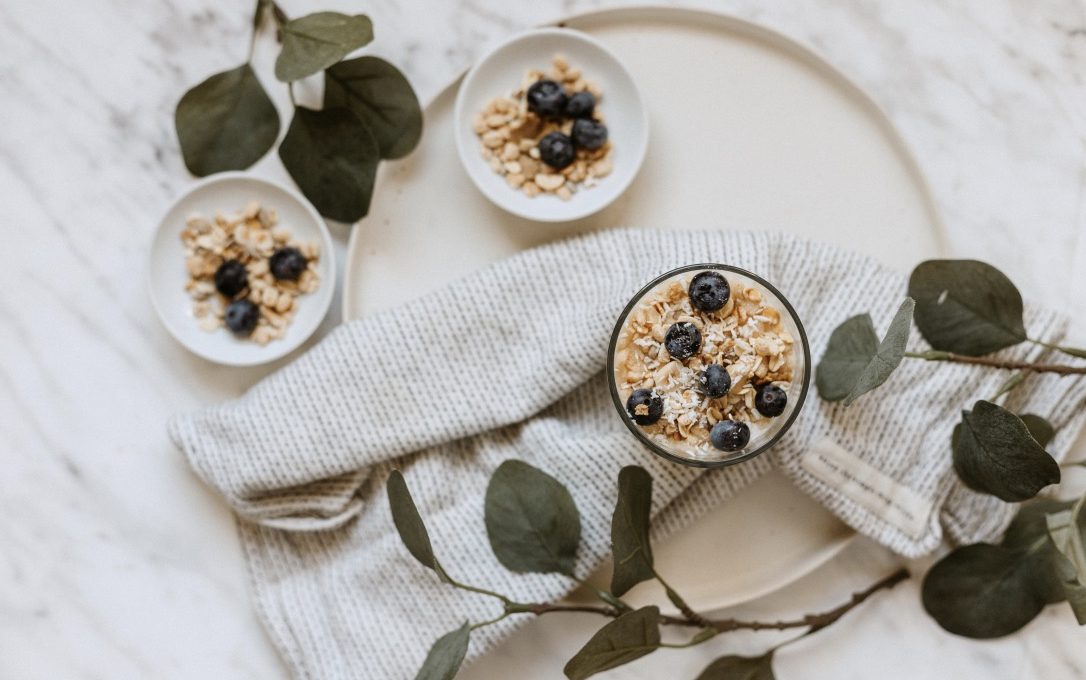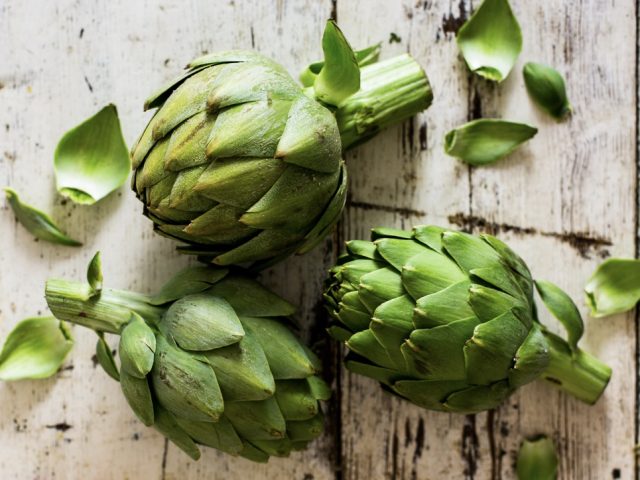updated 24/04/23
Common skin conditions linked to gut health. Your skin is not only the largest organ in your body but a useful one for determining your overall health. As a naturopath, i believe that “beauty begins in the gut”. When you are healthy on the inside, your skin radiates a natural glow.
Living inside your gut is a complex ecosystem of approximately 300 to 500 bacterial species. Paired with other tiny organisms like viruses and fungi, they make up what’s known as the microbiome. Your microbiome plays a key role in digesting the food you eat. They help absorb and synthesis nutrients, support a healthy immune system and overall wellbeing.
Skin conditions such as acne, eczema and rosacea can indicate an imbalance in your microbiome. Stress, processed food, antibiotics, alcohol and sugar can all compromise good bacteria and feed the pathogenic bacteria. When there is an upset balance of microbes, inflammation and mal-digestion and mal-absorption quickly follow.
Common Skin Conditions Linked To Gut Health
Acne
Unfortunately, acne can be a complex skin condition to treat, as its underlying causes can be either hormonal, digestive—or both. Going dairy free for those suffering with acne can be an advantage. The proteins in dairy and cheese, release a hormone similar to insulin called IGF-1. Research indicated, this hormone is known to trigger breakouts.
Lactose is the natural sugar present in milk. After infancy, it becomes more difficult for humans to break lactose down and digest. If you are lactose intolerant, your acne-related breakout could be due to a lactose sensitivity.
Eczema
Eczema — or atopic dermatitis is a skin condition marked by itchy, inflamed skin. Though its causes aren’t known, it is linked to asthma, hay fever, and food allergies. Eczema also seems to be connected to your lack of microbiome diversity, or composition. Research indicates that pre-biotics (fibre-rich food that feeds our gut bacteria) might be helpful in preventing and alleviating eczema.
To help keep symptoms at bay, it is essential to avoid trigger foods —which may include gluten, dairy, corn or soy—and introduce a diverse and balanced microbiome.
Rosacea
Rosacea is a chronic inflammatory skin condition that affects the central part of the face. Symptoms may vary with some people. From 113 patients with rosacea 52 came back positive when tested for SIBO. (Small intestinal bacterial overgrowth). If you suspect you might have SIBO, consult with your naturopath on your treatment options.
Microbial diversity again plays a role in keeping symptoms at bay, so nurture your belly and steer clear of potential triggers, like caffeine, alcohol and spicy and histamine rich foods, which are known to exacerbate rosacea.
Psoriasis
Psoriasis is an autoimmune condition (this means your immune system mistakenly launches an attack against the body’s own tissues, triggering an inflammatory response). In psoriasis, this response causes skin cell production to go into overdrive. Excess skin cells build up in patches called plaques. Plaques are usually red, flaky and crusty. The microbes that live in the gut play a key role in keeping the immune system in order, telling it when and when not to attack. Some microbes seem to promote inflammation, while others suppress it.
People with psoriasis tend to have lower levels of anti-inflammatory bacteria and higher levels of pro-inflammatory bacteria. Research suggests that introducing ‘good’ bacteria can help restore the gut’s balance of anti-inflammatory and pro-inflammatory bacteria. Stress and emotional upset can exacerbate psoriasis. Be sure to incorporate some meditation and deep breathing into your everyday life. Try our relax organic herbal tea.
Keratosis Pilaris (KP)
Keratosis pilaris, or KP, is a buildup of keratin and dead skin cells within the hair follicles, which causes them to bulge and become irritated and inflamed, giving your skin a bumpy texture. Typically, KP appears on the backs of the arms, the fronts of the thighs, but it can also occur on your face (your cheeks in particular). The cause is unknown, but research suggests that our gut health may be a contributing factor, with KP linked to low grade inflammation. Essential fatty acids are important when it comes to fighting skin inflammation, and can be found in fatty fish such as sardines and mackerel, avocado, nuts and seeds. Eliminating certain foods that contribute to inflammation (like gluten, dairy, soy, processed fats).
Gut friendly diet
- Prebiotic foods help boost the growth of friendly bacteria. These include: Dandelion greens, asparagus, garlic, artichokes, leeks, onions as well as foods rich in soluble fibre.
- Probiotic-rich foods such as sauerkraut, kefir and yoghurt can help balance the friendly bacteria in your gut.
- A shot of lemon juice before all meals can be a good aid to digestion.
- Avoid foods which you have an intolerance to. Gluten, dairy, cron, soy sensitivities are quite common, so these kinds of foods are probably best avoided or reduced.
- Bone broths are high in minerals and other essential nutrients and are excellent for healing the lining of the gut.
- Try our digestive aid herbal tea to support digestive health.
Please check with your health care practitioner before making any changes to your diet.
For more information on “Common skin conditions linked to gut health” or to book a naturopathic consultation please contact Beata at B inspired healthy lifestyle.
Copyright. 2020. B inspired healthy lifestyle. Any illegal reproduction of this content will result in legal action.
0



